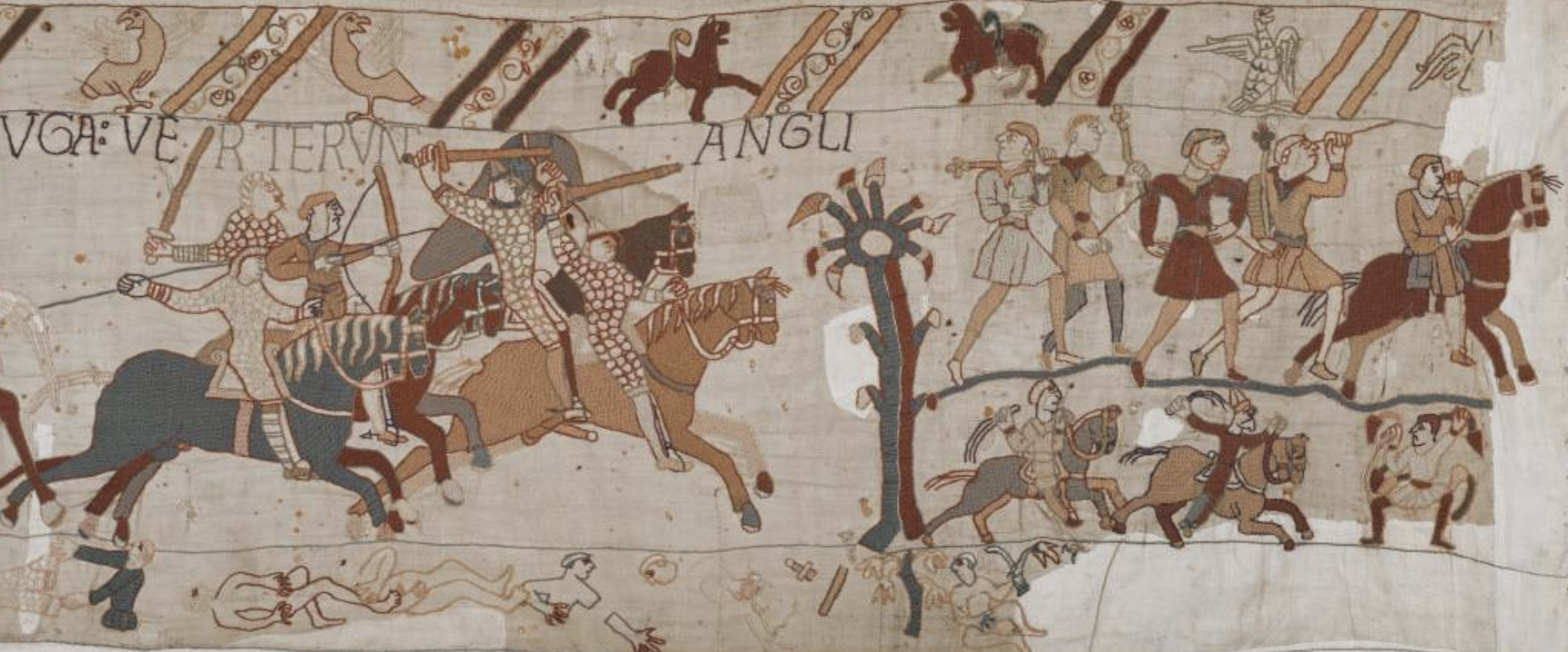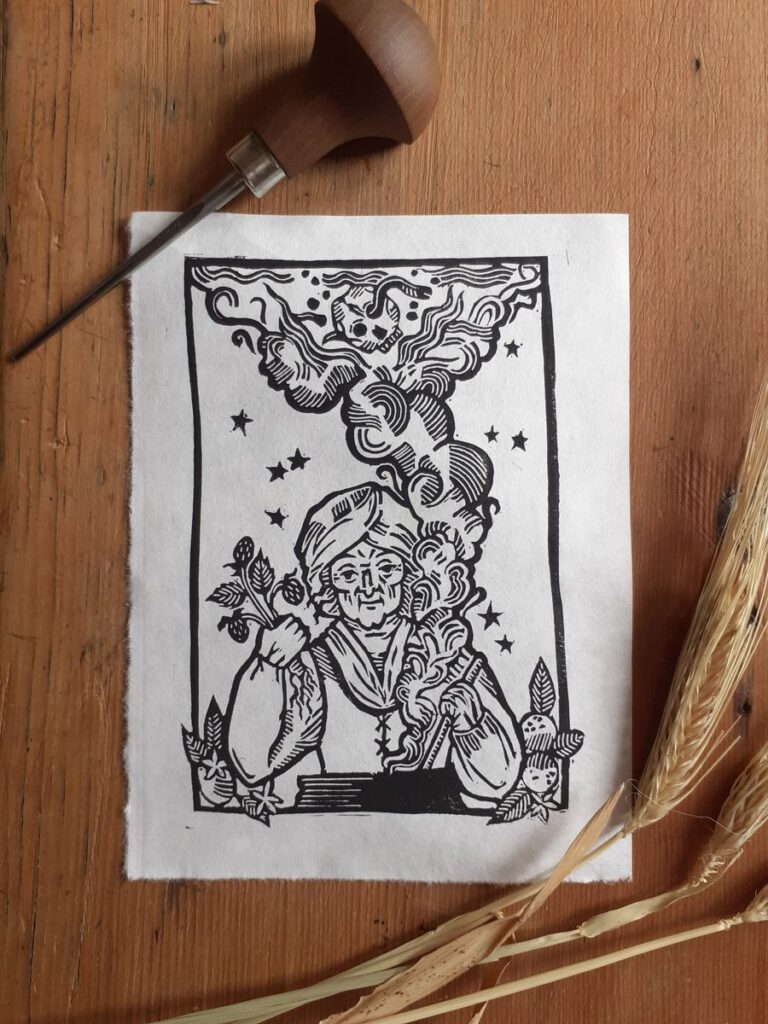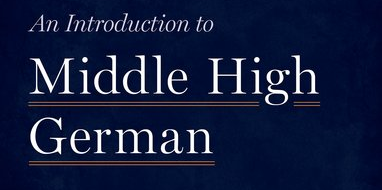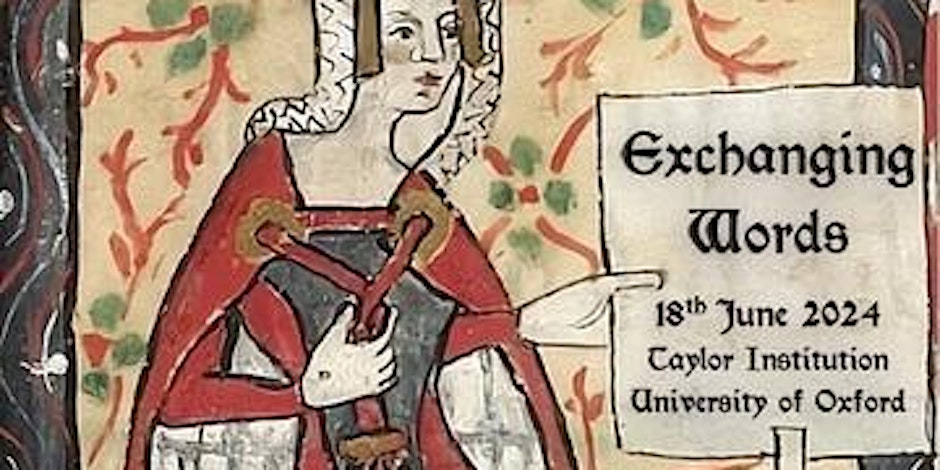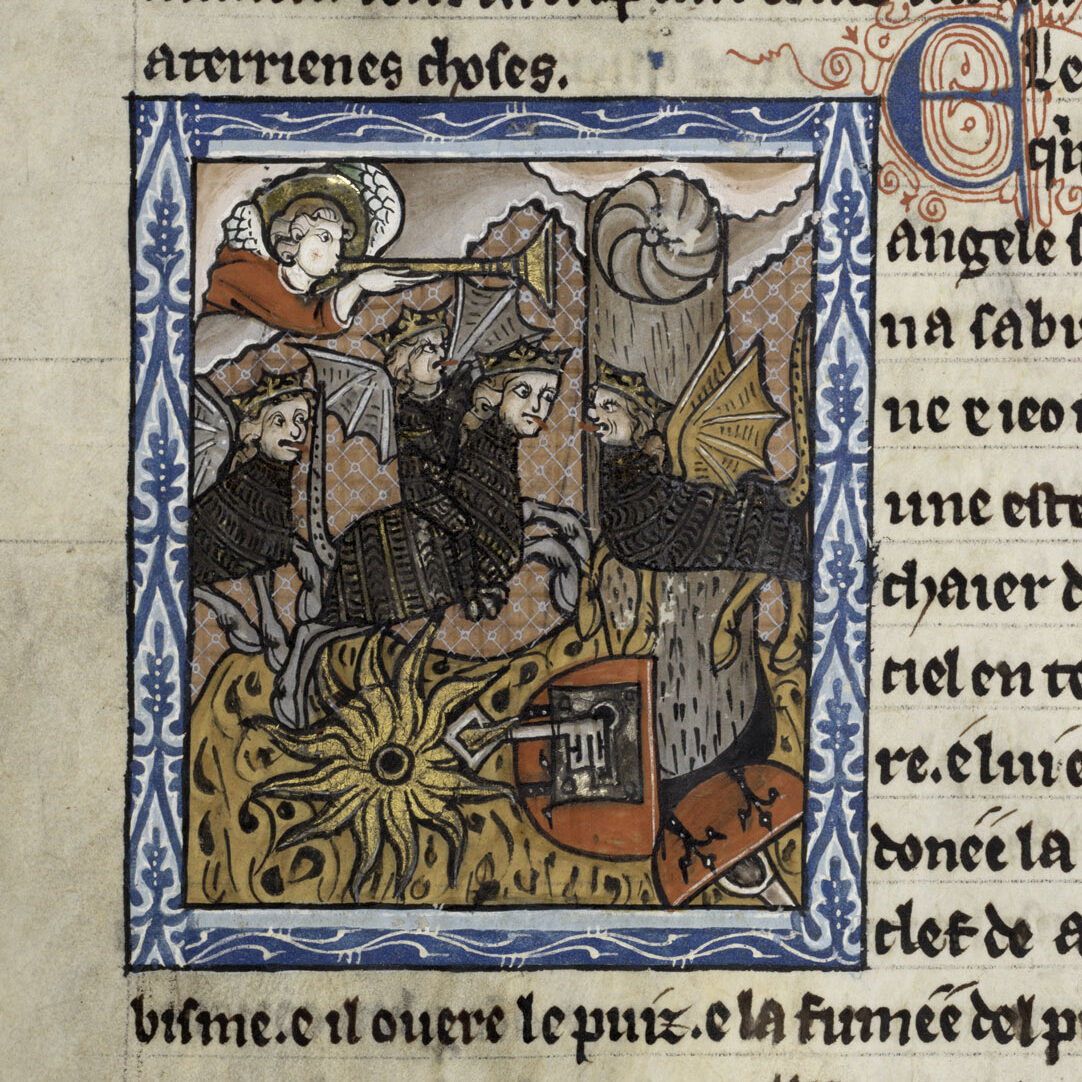Much like Bob Dylan, we have all spent the last week Blowin’ in the Wind: here are this week’s medieval events to help you through. As always, a PDF version of the booklet can be found here.
A reminder that this Friday – 5pm at St Edmund Hall – there will be an event for those interested in this year’s Medieval Mystery Plays. All are welcome, even (/ especially) if you are unsure how to get involved.
EVENTS THIS WEEK
Monday
- French Palaeography Manuscript Reading Group – 10.30am in the Weston Library. Those interested should email Laure Miolo.
- Medieval History Seminar – 5pm at All Souls College. Fouzia Farooq Ahmed (All Souls / Quaid-i-Azam University, Islamabad) will be speaking on ‘Gender Ventriloquism in Medieval India: the Writings of Amir Khusro’. Drinks to follow.
Tuesday
- The Latin Palaeography Reading Group meets 2-3.30pm. Please email Laure Miolo for more information.
- Medieval Church and Culture – 5.15pm (coffee from 5pm) in the Wellbeloved Room, Harris Machester College. Edward Shawe-Taylor (St Cross) will be speaking on ‘The Qur’an of Mūsā b. Bughā: Reassembling a Lost Egyptian Manuscript’.
- Medieval French Research Seminar – 5.15pm at the Maison Française d’Oxford. The theme this week is ‘Otherworld Objects between [REF] and [FIC]’.
Wednesday
- Reading Jews in Late Antiquity – 10am in Room 207 of The Clarendon Institute. The theme for this week is: Eating and Sharing Meals with the Religious Other.
- Medieval German Seminar: Konrad von Megenberg ‘Buch der Natur’ – 11.15am at Somerville College. To be added to the Teams group for updates, please email Almut Suerbaum.
- Medieval Latin Document Reading Group – 4pm online. To join, please email Michael Stansfield.
- Late Antique and Byzantine Seminar – 5pm in the Ioannou Centre. Alberto Rigolio (Durham) will be speaking on ‘The Rise of the Memrā in Syriac Literature’.
- Prof Dr Hermann Parzinger, President of the Stiftung Preussischer Kulturbesitz, lecture at 17.15. at the Weston Library on the history of the Prussian Heritage Foundation along with the importance of sustainability and the contemporary, post-colonial responsibilities and challenges faced by the heritage sector. A drinks reception will follow. The sign up is here.
Thursday
- Medieval Hebrew Reading Group – 10am in the Clarendon Institute. For more information, please email Joseph O’Hara.
- British Archaeological Association Post-Graduate Online Conference – 12.20pm online. Register here.
- Greek and Latin Reading Group – 3pm in the Stapledon Room, Exeter Collge. The text this week is ‘on writing Lives’ (Tacitus, Annals 4.34).
- Torch Talk: ‘Locating Silences: The Status and Agency of Women in the Delhi Sultanate’ – 4pm in St Luke’s Chapel, Radcliffe Observatory Quarter.
- Centre for Advanced Welsh and Celtic Studies seminar – 5.15pm at Jesus College and online. Tanguy Solliec (LACITO, CNRS, Paris) will be speaking on ‘Breton Dialect Variation: An Opportunity to Reflect on the Emergence and Formation of a Language’.
- Compline in the Crypt (in English) – 9.30pm in the Crypt of St-Peter-in-the-East (!), the library church of St Edmund Hall.
Friday
- Medievalists Coffee Morning – 10.30am at the Weston Library. All welcome, coffee provided.
- LGBTQ+ Hackathon – 2pm in the History Faculty.
- An Introduction to Greek Manuscript Culture – 2pm in the Horton Room, Weston Library. First come, first served: email almut.fries@classics.ox.ac.uk for more info.
- Exploring Medieval Oxford through Lincoln & Magdalen Archives – 2pm in the EPA Centre (Museum Road) Seminar room 1. Please contact Laure Miolo for more information.
- Middle English Reading Group – 3pm in the Beckington Room, Lincoln College.
- Medieval Mystery Plays Meeting of the Minds Workshop – 5pm at St Edmund Hall. More information here.
- Oxford Medieval Manuscripts Group – 5pm in the Mure Room, Merton College. Eleanor Jackson (British Library, Curator of Illuminated Manuscripts) will be speaking on ‘Medieval Women in Their Own Words: Curating the British Library Exhibition’.
- Anglo-Norman Reading Group – 5pm in the Farmington Institute in Harris Manchester College. For more information, please contact Jane Bliss (jane.bliss@lmh.oxon.org).
OPPORTUNITIES (new items highlighted)
- CHASE-DTP funded PhD opportunity between MEMS Kent and Westminster Abbey to investigate medieval manuscript fragments in the Abbey’s archives, application deadline 17 February 2025. More info here.
- Head of Performance sought for Medieval Mystery Plays to pull the strings for the 2025 performance of the Medieval Mystery Plays. Henrike Lähnemann and Lesley Smith, the Co-Directors, are looking for an enthusiastic, creative and, above all, well-organised graduate student or postdoc. There will be a reward of £300. See here the advertisement.
- 4-year funded Collaborative Doctoral Award(CDA), co-supervised between the University of Nottingham and the Bodleian Libraries in Oxford: ‘Digital Approaches to Medieval Chant and Local Religious Heritage’. Deadline 13 January 2025: more information here.
- The Medieval Academy of America’s Graduate Student Committee seeks new committee members for the 2025-2027 term. Submit self-nomination forms here.
- Oxford Medieval Graduate Conference 2025 CfP – seeking 20 minute papers from graduate students on the theme of ‘Rituals and Ceremonies’, for a conference held 24th and 25th of April, 2025. More info here.
- The University of Nebraska-Lincoln are seeking an assistant professor specializing in visual or material cultures between c. 700 and 1750 CE. More Info here.
- A fully-funded AHRC doctoral studentship at Oxford in partnership with The National Archives is seeking applicants to work on Chaucer’s life and poetry – https://oocdtp.web.ox.ac.uk/ox-cda-turner-nationalarchives.
- The Central European University are advertising a number of funded PhDs and Masters – see the blog post here.
- University College Dublin are advertising a funded PhD in Early medieval political and/or intellectual culture (c.500-c.1000 CE) which will be supervised by Dr Megan Welton. See the blog post here.
- An opportunity has arisen to translate Alice in Wonderland into Old Norse – The translator would own the copyright and receive a royalty for copies sold. Those interested should email Sarah Foot.
- OxMedSoc are looking for a secretary and publicity officer. Please email oxfordmedievalsociety@gmail.com.
- PRAGESTT German Studies Student Conference will take place on the 21st and 22nd March 2025 at the Faculty of Arts and Humanities of Charles University (Prague, Czech Republic) – please see https://pragestt.ff.cuni.cz/en/home/
- The Oxford University Byzantine Society has issued a Call for Papers for their 27th International Graduate Conference, held on the 1st-2nd March 2025, in Oxford and Online. More information can be found here.
- The Society for the Study of Medieval Languages and Literatures invites graduate students from across the globe to submit to the annual Medium Ævum Essay Prize. Deadline 2 December. More information can be found here.
- Check out this handy guide to how to blog – including a call for authors for the OMS blog – by Miles Pattenden.
- Addenda and corrigenda to Oxford Medieval Studies by Monday 5pm, please.
-TKA
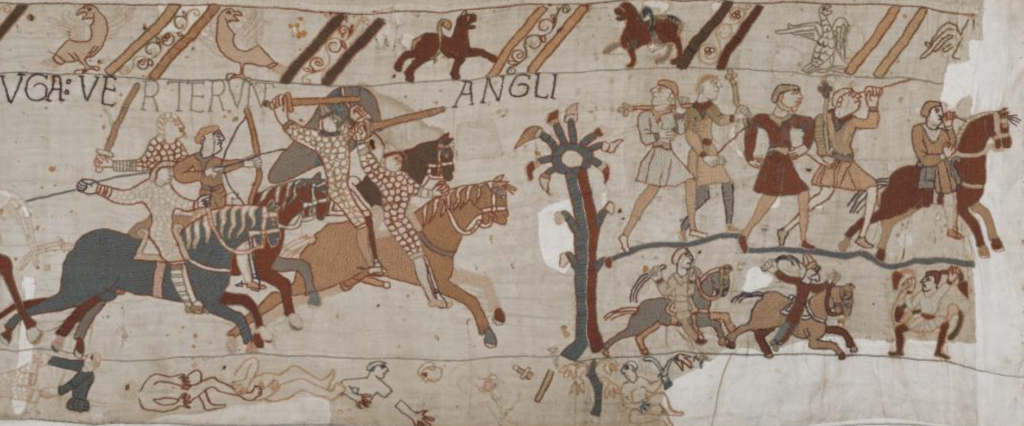
The English flee after the defeat at Hastings. Bayeux Tapestry, Panel 58 (Available online Discover the Bayeux Tapestry online/).
